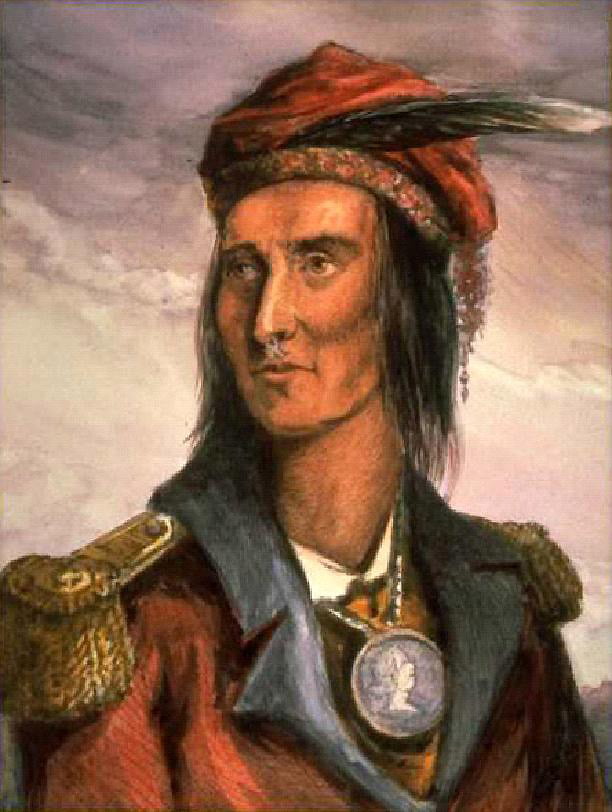Years ago I was visiting the John Carter Brown Library at the Brown University campus. That is where Henry Wheaton went to college. He was the Reporter for the U.S. Supreme Court during the Johnson v. McIntosh ruling of 1823. I went there to do some research about the so-called Age of Discovery, the history
Categoryfederal Indian law
A View of Slavery and White Domination
Ever since the election of Donald J. Trump as President of the United States, a renewed focus has been placed on “white supremacy” and “white nationalism” and their role in the early origins of the United States. As a result of the 400 year commemoration of the arrival of the first slave ship in Virginia
The Deep Desire for Christian Domination
The desire of Christian nations to dominate infidel nations and their lands, led to a desire to “discover” or locate any infidel lands throughout the world that had not yet been dominated. This was to be done in order to expand the Christian empire. That desire resulted in Christian monarchs authorizing voyages to search for
Arithmetic in Federal Indian Law
To follow this article you won’t even need a calculator. All you’ll need is an understanding of arithmetic and how to subtract. Take, for example, the equation 100 percent minus 99 percent = 1 percent. For the purpose of this article, we’ll say that the 1 percent stands for what has been called the “residual”
Debunking Federal Indian Law
To debunk means “to expose the sham or falseness of; to show that something is less important, less good, or less true than it has been made to appear; to expose or excoriate (a claim, assertion, sentiment, etc.) as being pretentious [and] false.” In the Supreme Court ruling Johnson v. McIntosh (1823), Chief Justice John
Tecumseh Speech As Recounted by Simon Pokagon
Tecumseh’s Speech: The following is a speech by the great Shawnee leader Tecumseh, as recounted by the Pottawatomie leader, Chief Simon Pokagon. Simon Pokagon wrote: “My father and many others who listened to the speeches of Tecumseh many times repeated to me his words when I was a boy, but it was impossible to give
